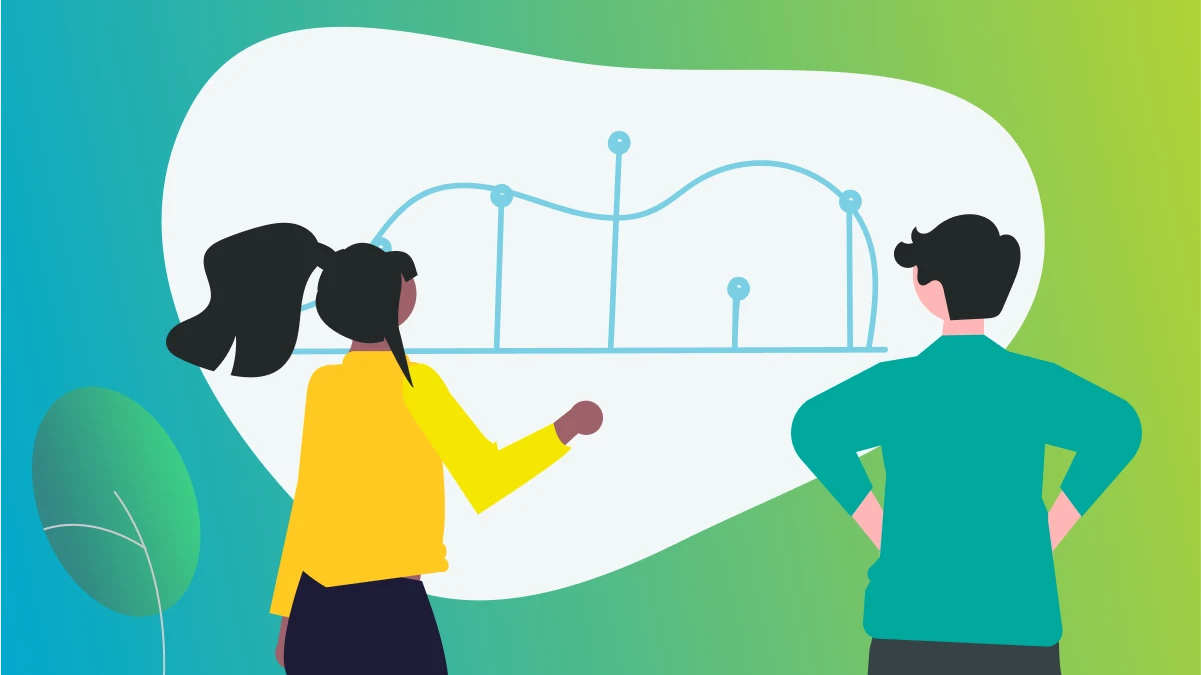Coaches of elite athletes in training know exactly what is required when it comes to honing technical skills and building physical explosiveness and endurance.
But what if their athletes lack the mental attributes to apply those capabilities successfully on a global stage at the highest level of performance? That’s where Sport Neuro-Mechanics comes in…
Sports science and biomechanics have revolutionised professional sports in recent years – helping to define the optimum physical requirements for elite performance. This means that (in theory) the managers, coaches, physiotherapists, and dieticians employed by sports teams around the world have access to the data they need to drive success among their athletes.
But implementing the perfect training schedule, injury prevention measures, and a well-balanced nutrition plan mean very little when an athlete with innate talent could simply crumble under the pressures that come with competing in a major international tournament.
Golf, which is widely considered to be one of the most mentally taxing sports, perhaps best illustrates this theory.
A day-in-the-life of a professional golfer
The 15-time major championship winner Tiger Woods has admitted to training for 13 hours a day when he was at his peak performance. But he likely wasn’t the only one adhering to a militant schedule.
Professional golfers typically follow a strict and specially-tailored regime, comprised of cross-training, interval training, strength training and aerobic conditioning to strengthen certain muscle groups, improve endurance and reduce the risk of injury. Workouts might be designed to help athletes improve their swing biomechanics, spinal angle, pelvic rotation, and stability, or to focus on hypertrophy, mobility, endurance and multi-joint lifts.
Meanwhile, carefully thought-out nutrition plans will include high levels of lean protein to aid muscle repair, carbohydrates for fuel, and fruit, vegetables and seeds for vitamins and minerals.
The smallest amendments or improvements to an athlete’s schedule might mean the difference between going home with a trophy or not, which is why no stone must be left unturned.
Except, it seems, when it comes to addressing an athlete’s mental capabilities.
The importance of mental resilience in golf
Golf affords athletes extensive time to reflect, analyse and over-analyse before each critical shot. A good golfer might have the technical skills needed to plan and execute a perfect performance, but the far bigger challenge comes with doing it consistently and under immense pressure. Golfers must be able to withstand the anxieties, frustrations, stresses and fears that go hand-in-hand with a professional tournament and remain cool, calm and collected.
There are certain coping mechanisms designed to help athletes manage this burden and develop mental resilience. For example, they might choose to practice mindfulness or visualization, which requires them to visualise themselves being successful in a future competition.
However, what if setting goals throughout the tournament or a hole and committing to what was set are equally important to success?
Unlike the disciplines of sports science and biomechanics, there is no concrete data available that can pinpoint the range of mental attributes that underpin elite performance. As a result, we’ve seen how the success of many young golfers does not translate into success as they mature onto the world stage.
Imagine how golf, and other sports, might be transformed if it were possible to accurately DEFINE the specific transferrable human capabilities required to reach the pinnacle of the sport? Further, with that in hand, what do you think would happen if the coaches could COMPARE incoming players and existing team members to that ‘Pinnacle’ profile?
In light of the significant investment already made in bio-mechanics, these neuro-mechanical insights would provide coaches the ability to quantitatively ACT more effectively to better identify incoming high-performance players and develop existing team members with high-impact, targeted interventions.
Introducing sport neuro-mechanics
AbilityMap’s co-founder Kevin Chandler has worked to break down ‘mental strength’ into tangible capabilities that can be identified and improved upon in the workplace.
“AbilityMap’s tool has proven invaluable in enabling recruiters and business leaders to make informed, evidence-backed decisions when it comes to hiring talent and managing their workforces.”
Kevin Chandler, Co-founder of AbilityMap
Kevin observed that, just as in the workplace, those seeking to recruit and develop players all possessed different ideas of what drove performance and had no framework to subjectively identify capabilities. And thus, Ability-Sport neuro-mechanics was born.
Along with golf specialist Tony O’Rourke, Golf Australia and the PGA, Kevin worked with a team of high-performance coaches to aggregate their views on the desired mental characteristics of high-performance players.
When this research was applied to AbilityMap’s next-generation software, the tool works as follows:
- Define: AbilityMap’s Elite Golfer Profile defines the eight most important characteristics (or capabilities) possessed by players that rise to the occasion rather than crumble under pressure.
- Compare: Professional and aspiring golfers are assessed and compared to these eight capabilities, with the tool being capable of identifying how a player’s inherent strengths and weaknesses manifest in their game.
- Act: Armed with quantifiable insights into their players’ mental capabilities, teams can identify future tour-performers and work with their athletes to improve their mental performance, just as they would their physical performance.
Want to find out how you rate against our Elite Golfer Skill Profile? Get started with AbilityMap today.


